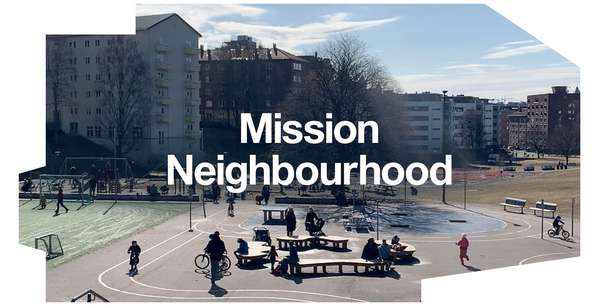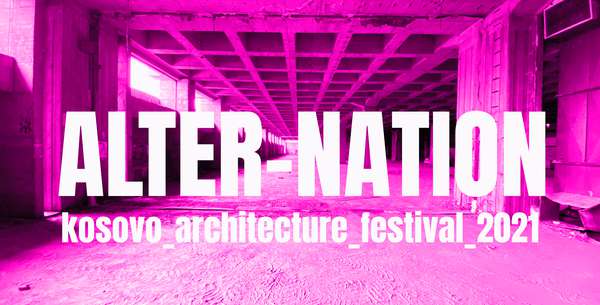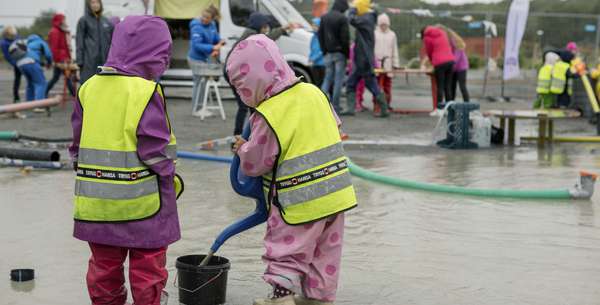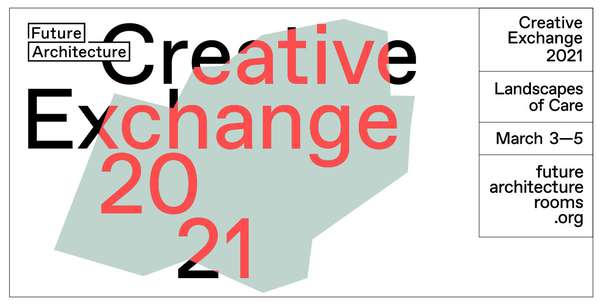Idea by
Alexander Auris
Alexander Auris
Call for ideas 2021
Queer commons
Queer commons
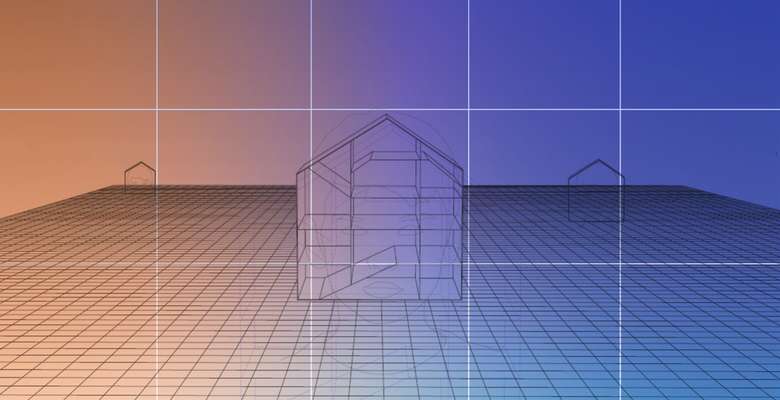
- Systemic changes
Queer community has been repressed and persecuted in modern times. It has stayed hidden, private and silent. While hidden, it still existed. The community created spaces where they were able to express themselves and explore their desires. The progression of society has allowed the coming out of the community and their occupation of the city. Gay neighborhoods are thought to be the representation of queer community in the city, however this representation is not inclusive. It only represents the inclusion of queer capital in the market.
What are the commons of this community and how does that relates to space? The research starts questioning the idea of gayborhoods as the universal representation of the community in the city and starts the exploration of what is really common in this community. The research explores three spheres of relation: the affective, the political and the xxxxx. This new framework is tested in Berlin as a new method for queer urban analysis.
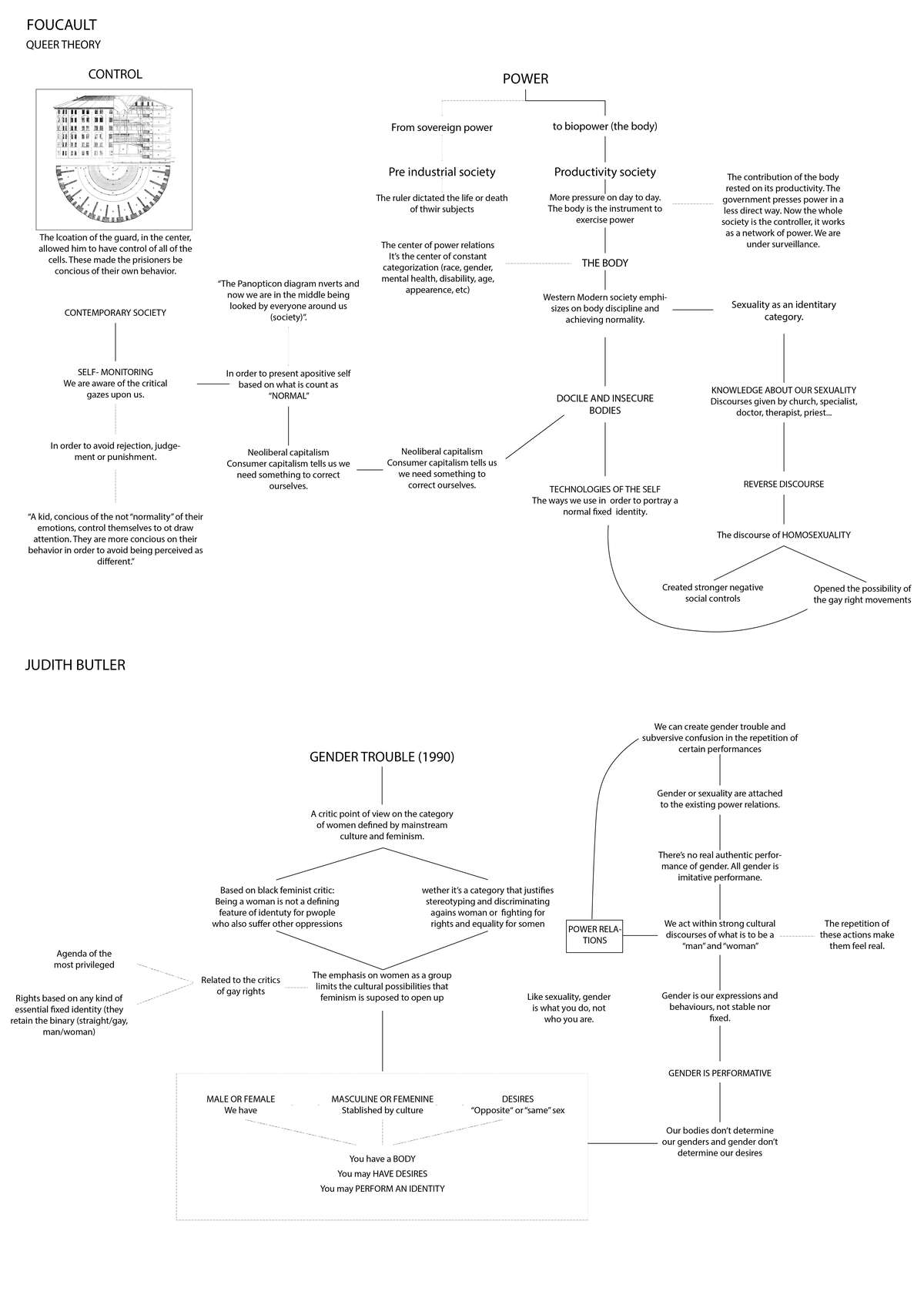
About queer theory
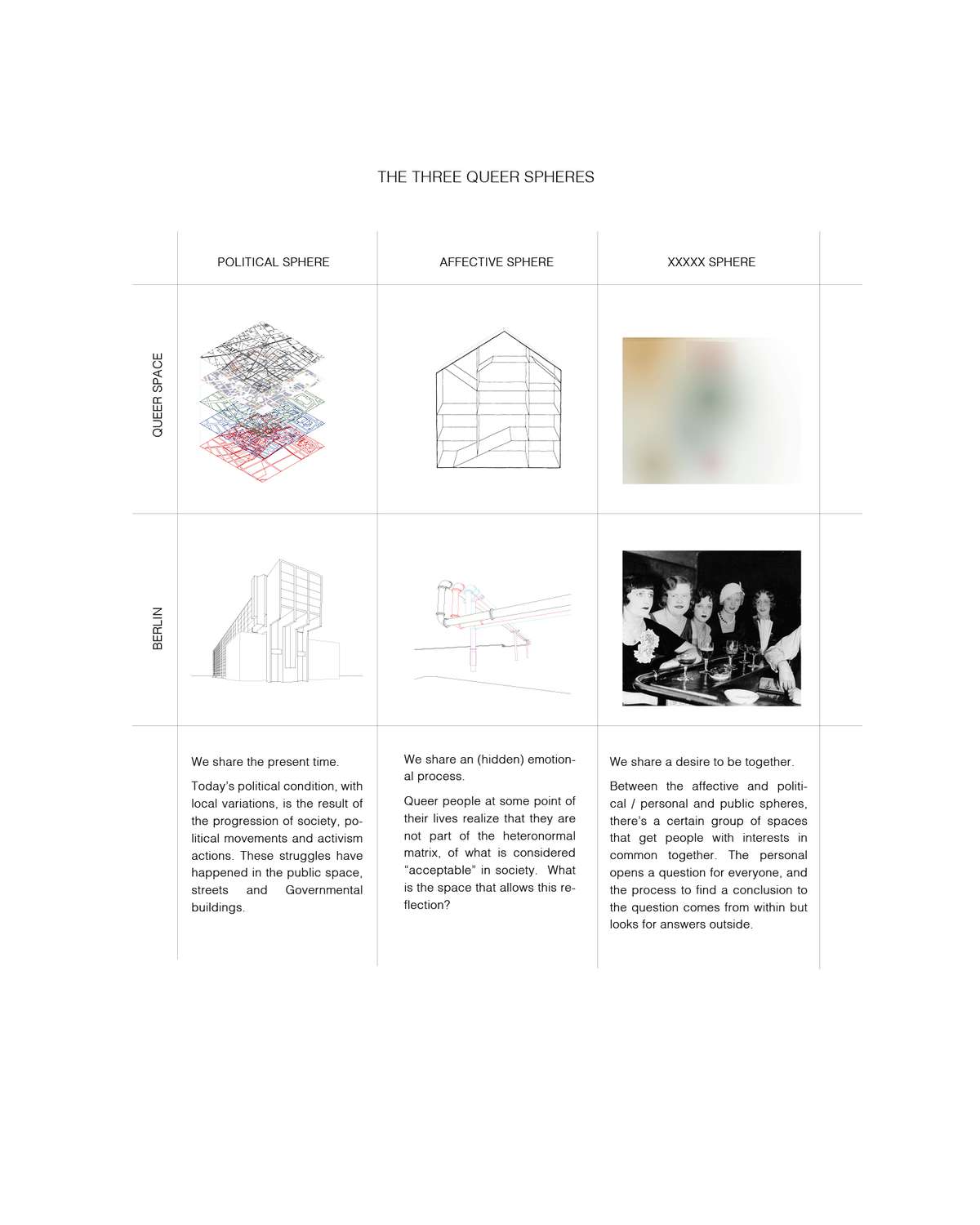
The three Spheres
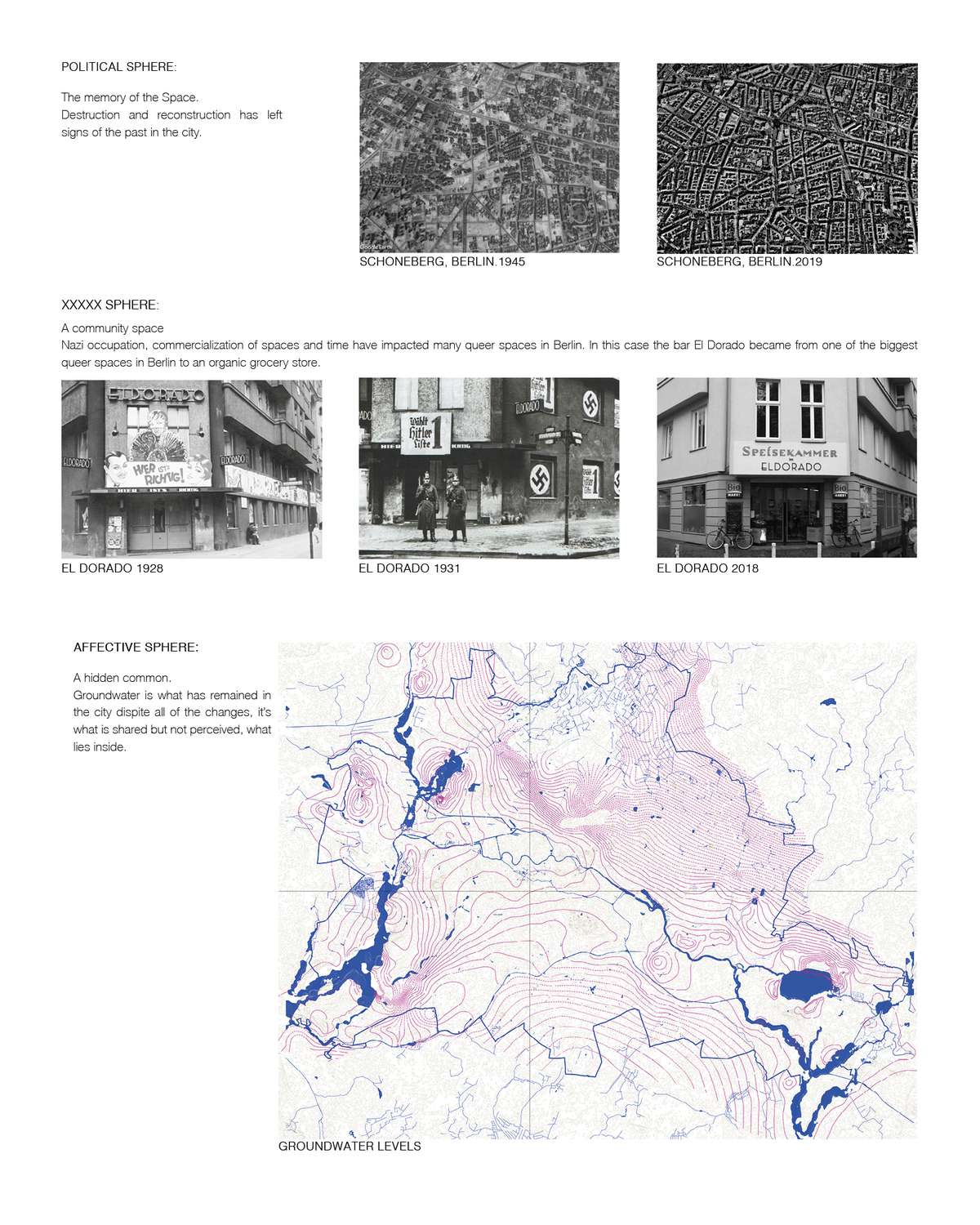
The three spheres of Berlin
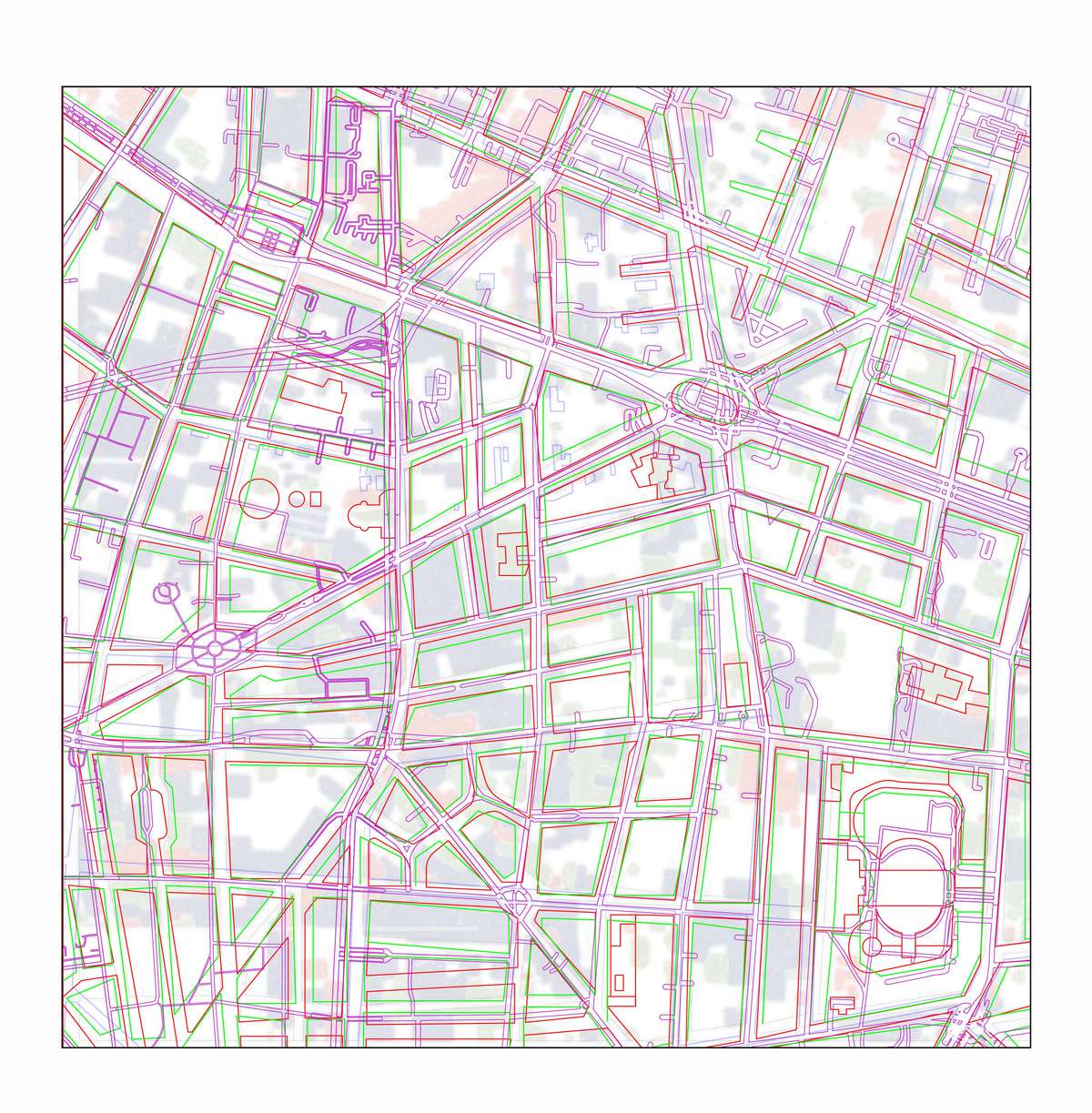
Queerness: imprecision in space representation
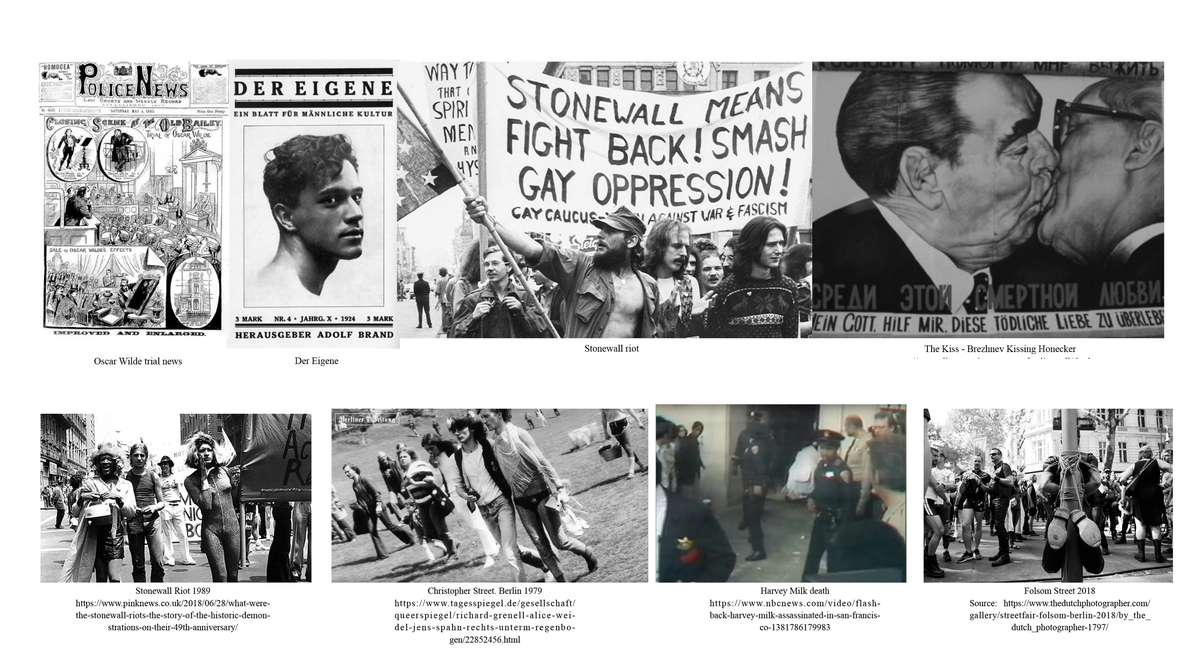
Political Sphere: We shared the present time
The present time is the conclusion of all the social and political progression that queer community has also being part of.
Queer commons
Queer commons

- Systemic changes
Queer community has been repressed and persecuted in modern times. It has stayed hidden, private and silent. While hidden, it still existed. The community created spaces where they were able to express themselves and explore their desires. The progression of society has allowed the coming out of the community and their occupation of the city. Gay neighborhoods are thought to be the representation of queer community in the city, however this representation is not inclusive. It only represents the inclusion of queer capital in the market.
What are the commons of this community and how does that relates to space? The research starts questioning the idea of gayborhoods as the universal representation of the community in the city and starts the exploration of what is really common in this community. The research explores three spheres of relation: the affective, the political and the xxxxx. This new framework is tested in Berlin as a new method for queer urban analysis.
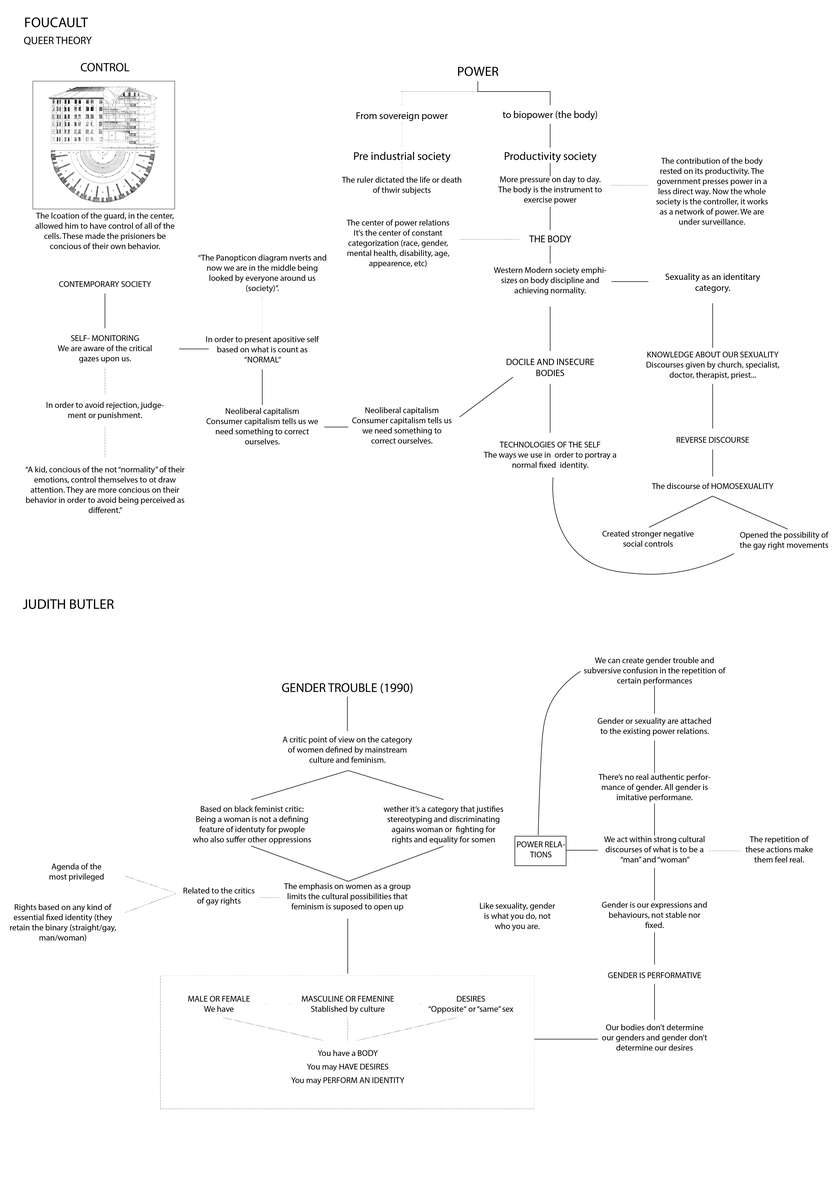
About queer theory
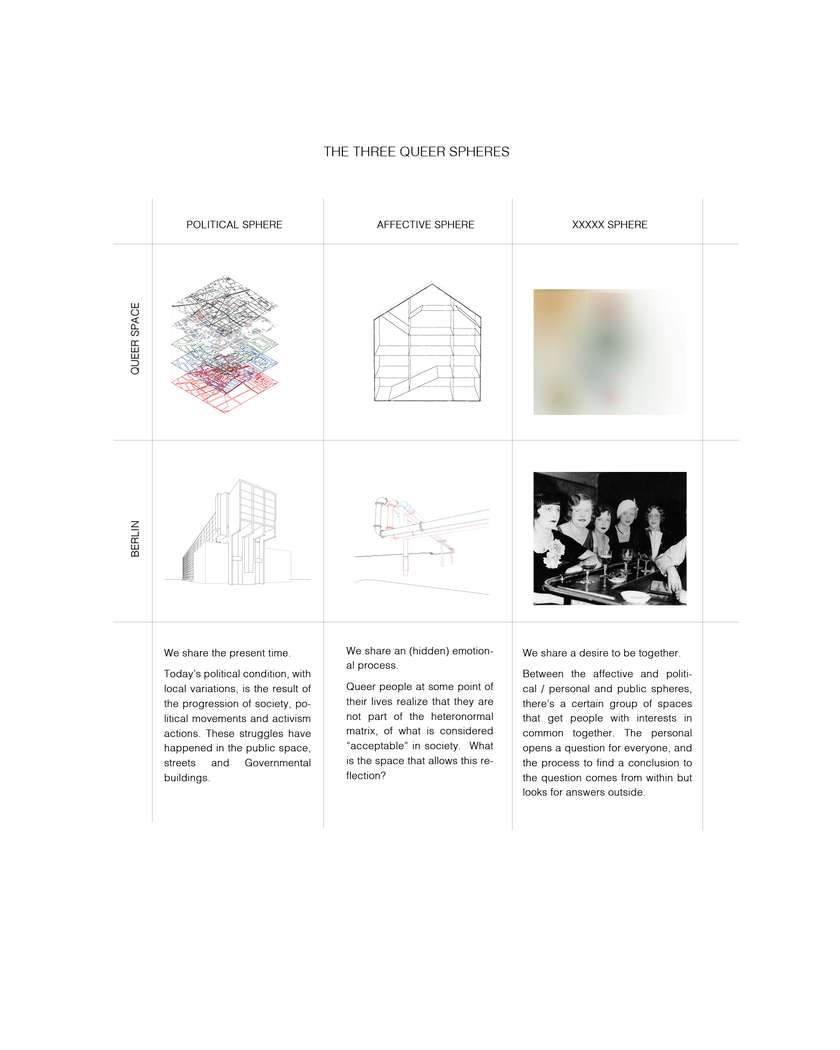
The three Spheres
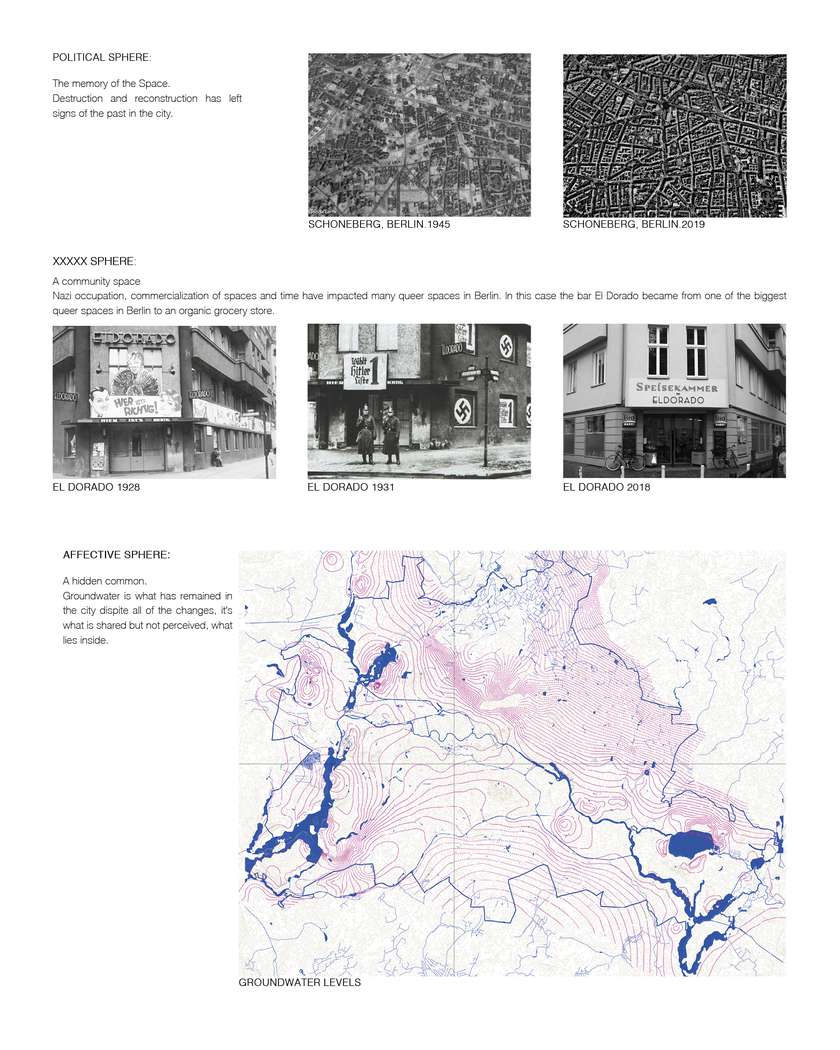
The three spheres of Berlin
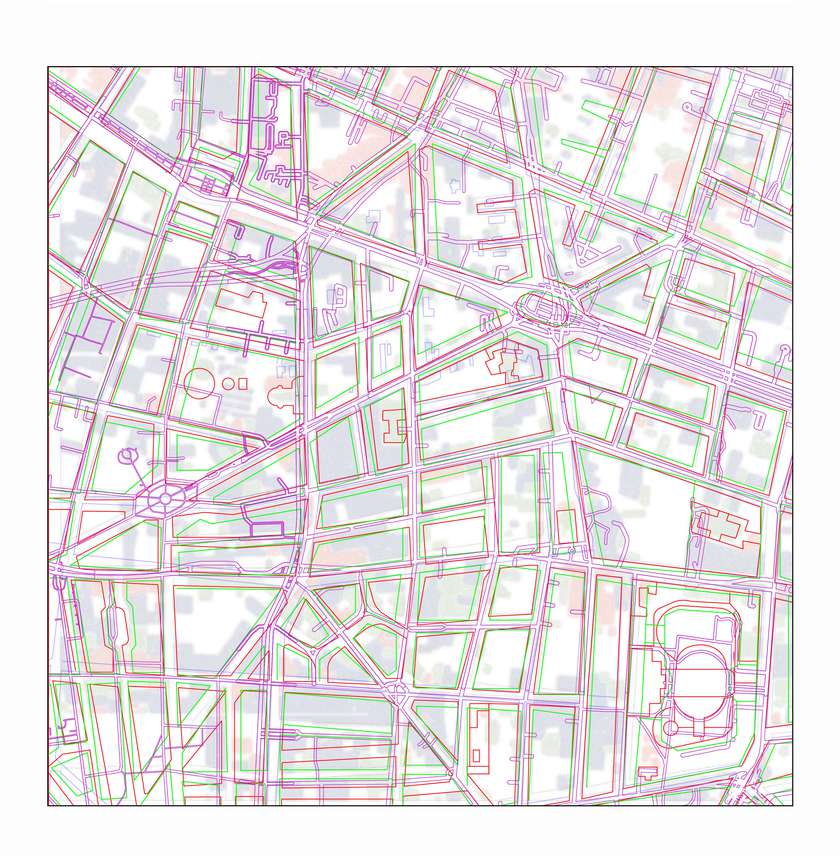
Queerness: imprecision in space representation
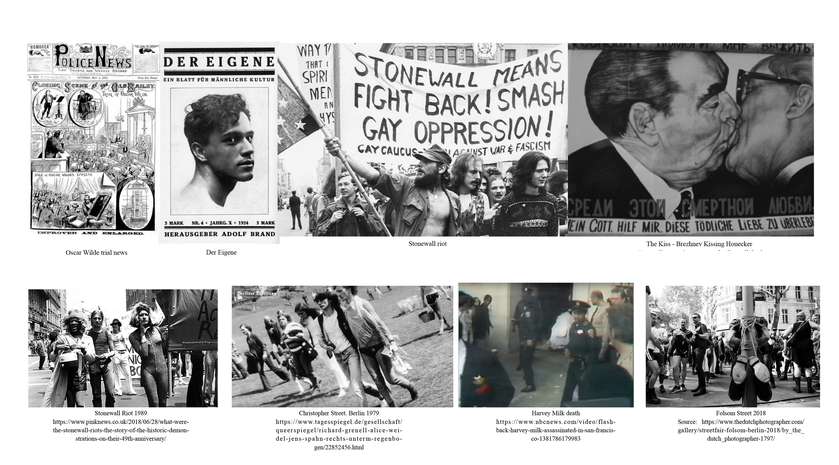
Political Sphere: We shared the present time
The present time is the conclusion of all the social and political progression that queer community has also being part of.
